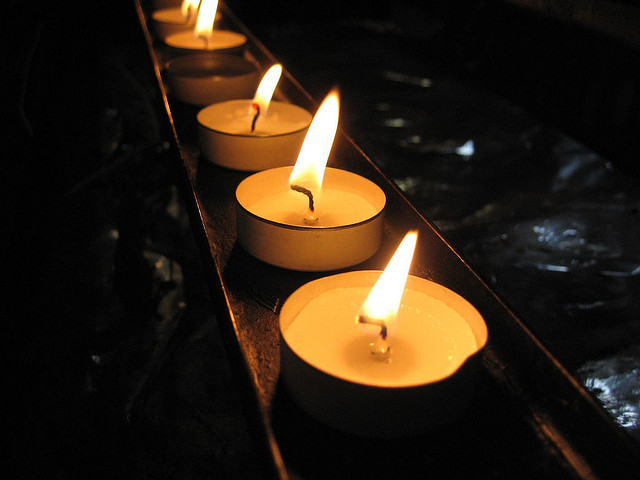The latest addition to Pray for Me, our Psychology Today blog on prayer, references New Directions in the Study of Prayer grantee Elizabeth Drescher’s research on why people who claim no religious affiliation pray. From her research, Drescher gives us the nones’ reason for continuing to pray; I also give three guesses for why prayer might persist even when religious beliefs fall away.
The “nones” are multiplying faster than any other religious group.
Nones, which is what scholars are calling people who claim no religion, make up 20 percent of the population, and their numbers are rising faster than any other religious category. One third of Americans under 30 fall into that group.
That’s a lot of folks.
Click here to read the full post, “Nones at Prayer.”



